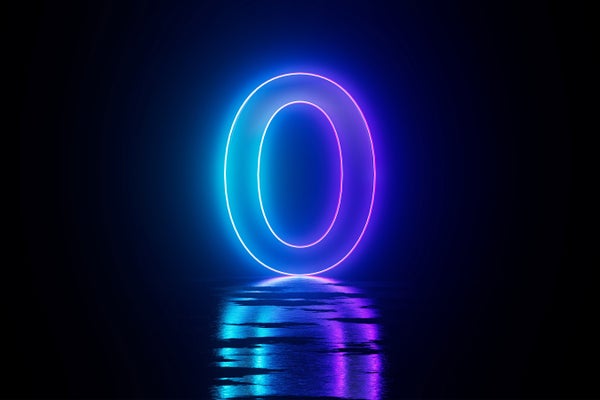October 21, 2024
3 min read
How Your Brain Processes Zero (It’s Not Exactly ‘Nothing’)
What we think about when we think about “zilch” is surprisingly complex, neuroscientists find
The invention of zero made many mathematical calculations possible.
Many mathematical equations can only be solved thanks to a special human invention: the number zero. In many ways, it is a strange concept. It’s a quantity, defined by absence. It also emerged relatively recently in our species’ cultural histories, gives rise to several paradoxes—one cannot divide by zero, for example—and is foundational to mathematics.
Yet “null” is not easy to comprehend. “It requires an extra level of abstract thinking to master zero…. We have to ‘create something out of nothing,’” says Benjy Barnett, a cognitive neuroscientist at University College London.
Zero’s latest surprise may be in just how well the brain learns to handle that abstraction. Now studies show that the concept of zero is processed in similar ways to many numbers and can be situated along a mental number line.
On supporting science journalism
If you’re enjoying this article, consider supporting our award-winning journalism by subscribing. By purchasing a subscription you are helping to ensure the future of impactful stories about the discoveries and ideas shaping our world today.
In a recent investigation by co-senior authors Andreas Nieder of the University of Tübingen and Florian Mormann from University Hospital Bonn in Germany, researchers demonstrated that the brain processes “zero” in at least two distinct places: one for the number and another for the empty set it represents. The team made its discoveries during an experiment with 17 people with epilepsy. All participants had microelectrodes inserted into their temporal lobes in preparation for an operation. The hair-thin sensors made it possible to observe how individual neurons reacted while the test…
Read the full article here

